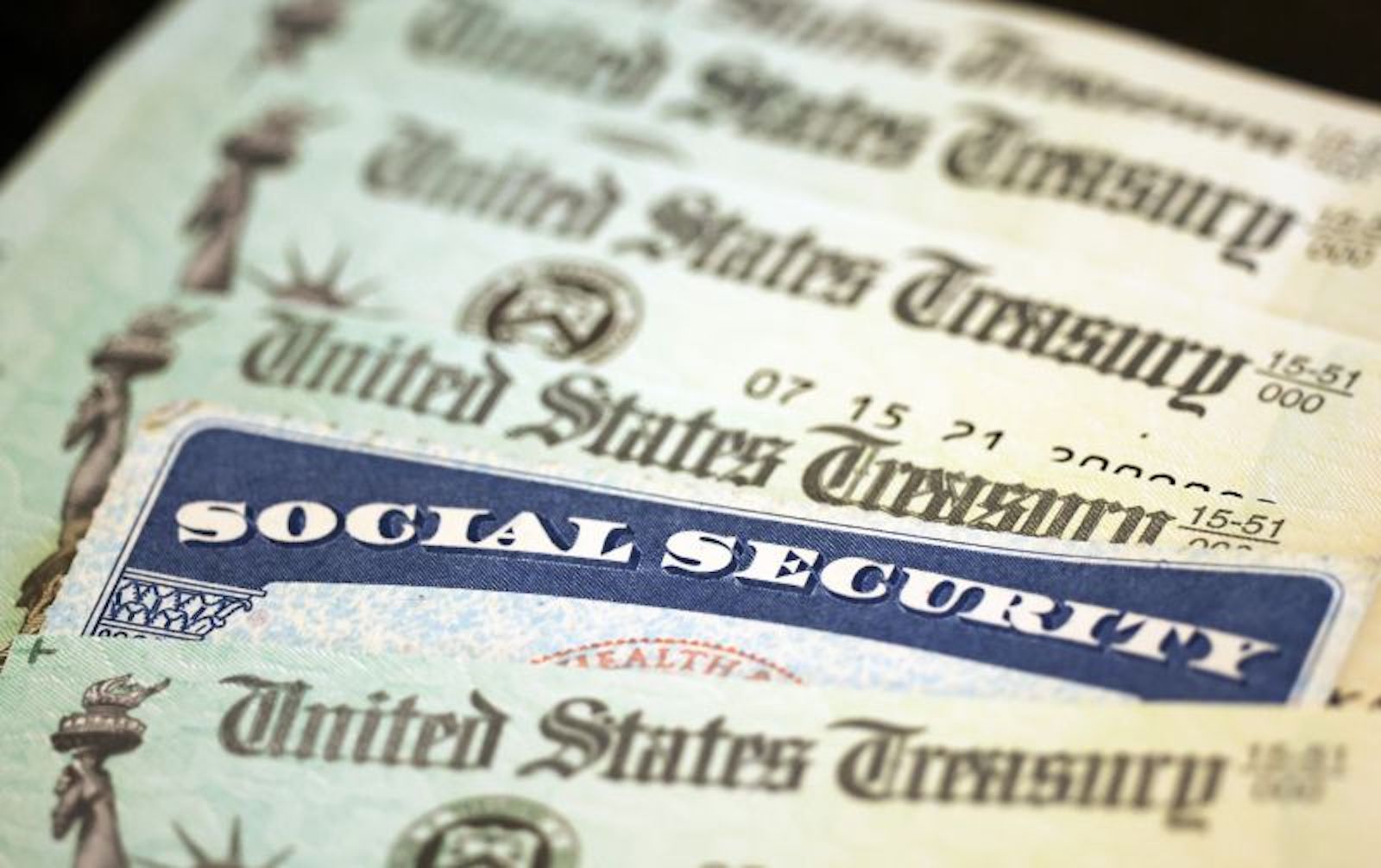Yellen warns of default on U.S. debt 0:59
(CNN) -- If the United States is not able to pay all its debts for the first time in its history, senior citizens could quickly feel the pain.
Unless President Joe Biden and House Republicans reach an agreement on the debt ceiling soon, the Treasury Department may not have enough funds to meet all of the country's obligations as of June 1.
The first round of Social Security payments — about $25 billion — is scheduled for June 000. They will go primarily to many of the oldest and most vulnerable of the estimated 2 million retirees, disabled workers and others enrolled in the benefit program, those who began receiving their checks before May 66.
Payments to the most recent members will be made on June 14, 21 and 28, depending on the day of the month of birth. The amounts also amount to about $25 billion each week.
- How can you prepare for a U.S. debt default?
Why is it necessary to raise the debt ceiling? 2:19
But if the debt ceiling impasse isn't resolved, those benefits could be delayed, along with paychecks to federal workers and the military, payments to Medicare providers and federal grants to states and municipalities for Medicaid, roads, education and more.
advertising
According to its advocates, many seniors are increasingly concerned, especially in the last week, as the deadline approaches.
Nearly two-thirds of beneficiaries rely on Social Security for half of their income, and for 40% of beneficiaries, payments make up at least 90% of their income, according to the National Committee to Preserve Social Security and Medicare. The average benefit for retired workers will be $1,827 per month in 2023.
Max Richtman, the committee's CEO, has been telling members to try to set aside some money for a small cushion if their June benefits don't arrive on time. But that is not possible for many beneficiaries.
"A lot of people in Washington aren't aware of what this can mean," he says. "If you rely on Social Security for most of your living expenses, you're not going to be able to pay rent, buy food, pay utilities, the basics... pay for any health care expenses that may arise."
- ANALYSIS | U.S. Economy on the Edge of the Abyss as Time Runs Out to Avoid Debt Default
He has tried to reassure people that they will eventually receive all his benefits.
Older Americans are more aware of the debt ceiling battle — and the potential delay in payments — this time than during the last major showdown in 2011, thanks to the Internet, said Mary Johnson, Social Security and Medicare policy analyst for the League of Senior Citizens. Many are not only concerned about their benefits, but also that a potential stock market crash triggered by a default could decimate their retirement savings.
"I'm very, very concerned about what this will mean for our financial sector as well as our benefits," she said.
Social Security recipients may be somewhat protected from the full impact of U.S. default. While it is not known exactly how the Treasury Department will cope with payments from the funds at its disposal, it may ultimately decide to prioritize Social Security benefits, although probably after it has paid the interest and principal on the country's debt.
In addition, the Treasury Department may still be able to make payments on time because of the benefit program trust fund, said Shai Akabas, director of economic policy at the Bipartisan Policy Center.
Since the U.S. earns less than it needs to pay its bills, the Treasury must borrow to cover all its obligations. But since the nation hit its $31.4 trillion debt ceiling, it can't increase its borrowing until Congress assumes the ceiling.
As for Social Security, the Treasury obtains cash to pay benefits by borrowing from the public. But the payments reduce the balance of the trust fund, made up of Treasury securities, according to the Congressional Budget Office. Because of that reduction of what is known as "intra-government debt," the payments have little net effect on the total amount of debt subject to the limit.
Debt ceiling
